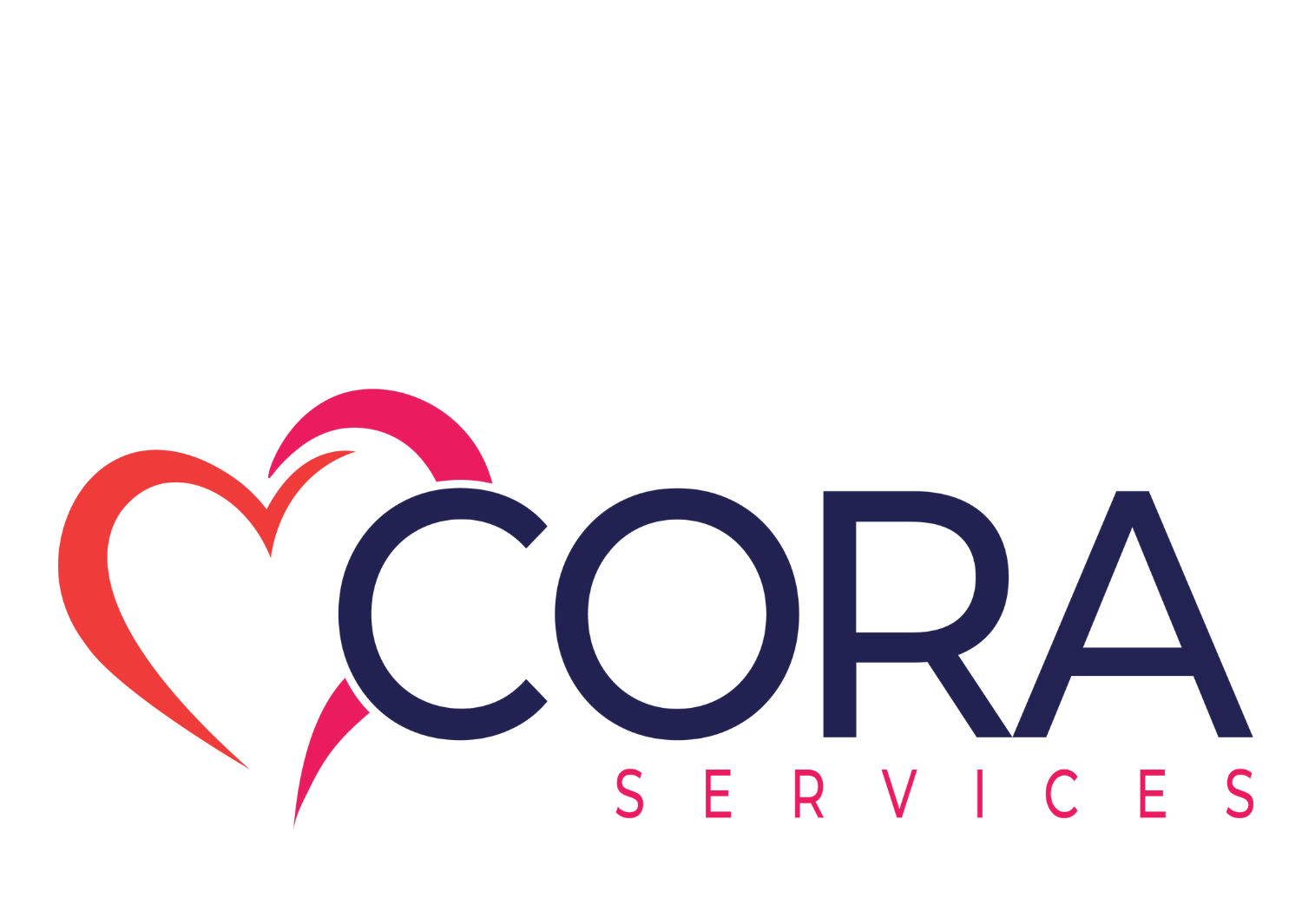Typically, a child who violates school safety policies faces serious consequences including arrest, hefty fines, and potential involvement with the juvenile justice system. However, with the adoption of a policy of police diversion and counseling through CORA’s IPS (Intensive Prevention Services) program, youth are given a second chance to tell their stories and build new skills. Often youth will bring items, later perceived as weapons, to school because they report being endlessly bullied or have received threats of harm from peers. Many youth who find themselves in these situations are now able to escape the juvenile justice system through referral to CORA and working with our staff to help remedy the problem issues. Youth in CORA’s IPS program learn how to communicate their needs, identify safe adults as allies, and build the emotional coping skills necessary to take care of themselves in the future.
Past Deputy Police Commissioner, Kevin Bethel, founded the police diversion aspect of IPS after noticing that hundreds of youths in the Philadelphia schools were being arrested annually for minor, usually first time offenses. Therefore a unique alliance among The Philadelphia Police Department, Department of Human Services, The School District of Philadelphia, and six non-profit agencies throughout the city, including CORA was created. Bethel’s idea for IPS was to channel youth, ages 10-17, out of the police and prison system and into counseling intervention services. Out of the eight hundred youths that have participated in IPS city wide, only 40 were rearrested. 95% of youths did not reoffend – that number speaks volumes to the success of this alliance.
Just removing the trauma of being arrested, taken to a police station, fingerprinted, and treated as a criminal has an enormous benefit on mental health outcomes. In the IPS program at CORA, staff take positive outcomes for youth a step further. Once enrolled in CORA’s program, youth spend nine hours a week involved in counseling, recreation, and life skills activities. Every day they are at CORA, youth participate in counseling activities designed to help them identify their own emotions, build a vocabulary around expressing those emotions, and actively practice communicating their needs rather than showing emotions through negative behaviors. Family counseling and case management services are also offered in clients’ homes. Youth participate in community service, different enrichment activities, and field trips throughout the city, aimed at exposing them to different opportunities and mentors, hopefully increasing aspirations for their future. Additionally, the youth learn to provide invaluable support to one another and can speak to one another from a relatable place of care and understanding. For those youth who are not available for the group program, targeted interventions involving counseling case management and life skills are offered through individual and family-based services.
This summer, CORA’s staff of three counselors and two case managers served 25 youth under the IPS program. Activities included group counseling, community service at Cranaleith Spiritual Center and field Trips to the Zoo, Eastern State Penitentiary, and National Jewish American History Museum where they saw a spoken word and tap performance about the struggle of growing up in a violent neighborhood. One child asked the performer, “Did you reach your dreams?” To which the performer replied, “Yes!” and shared that he was buying a house that weekend and expecting his first child. To celebrate the end of the summer, staff, youth, and their families participated in a picnic in August. Events and activities for these youth help them build self-worth, confidence, and the coping skills they need to navigate their very stressful worlds.
